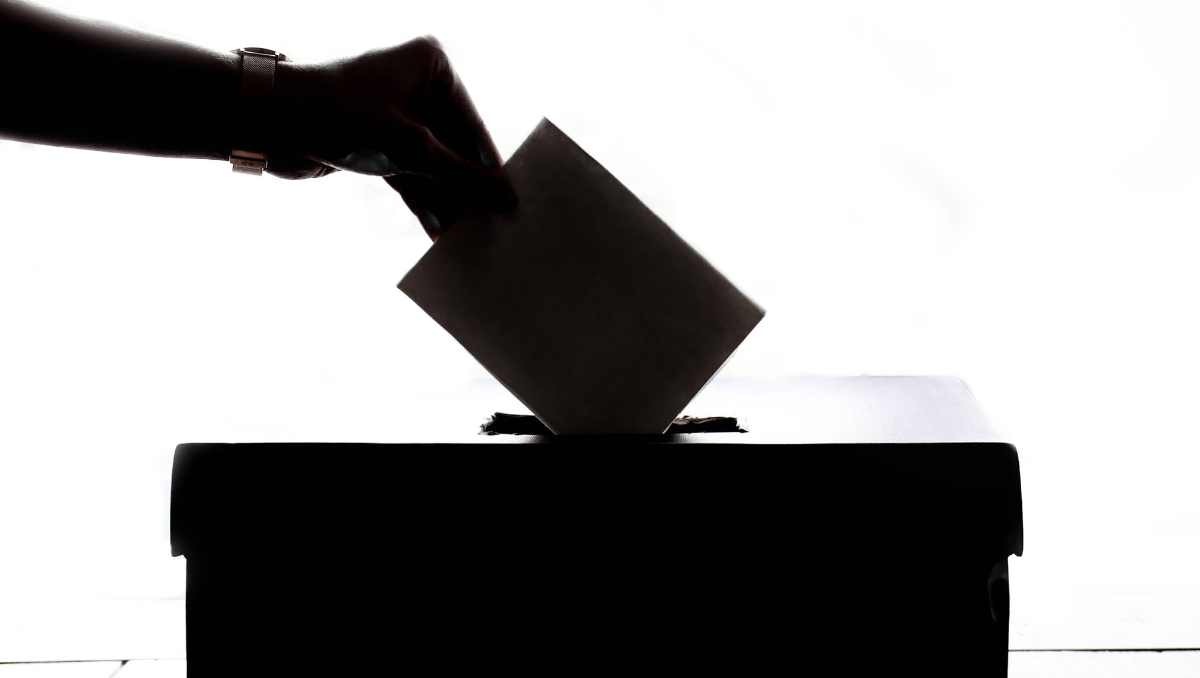With nearly all ballots counted, veteran anti-Islamic populist leader Geert Wilders has emerged victorious in the Dutch general election. His Freedom party (PVV), which has been in parliament for 25 years, is expected to gain 37 seats, far more than his closest opponent, a left-wing coalition.
Credit: CNN Indonesia
Table of Contents
Greet Wilders
Greet was born on 6 September 1963, is a politician from the Netherlands who has served as the PVV’s leader since the party’s founding in 2006. In the House of Representatives, where he has served as a parliamentary representative since 1998, he leads the party. Wilders actively participated in the negotiations that led to the formation of a “tolerance agreement” between the PVV and the Christian Democratic Appeal (CDA) and the People’s Party for Freedom and Democracy (VVD), which he left in 2004. This was the first Rutte cabinet to be formed in 2010.
Greet, Born in the province of Limburg on September 6, 1963, Wilders was the son of Johannes Henricus Andreas Wilders and Anne Maria (Ording) Wilders. Raised Catholic, he is the youngest of four children. His mother was born in colonial Indonesia to mixed Dutch and Indonesian ancestry, while his father was of Dutch descent. After hiding from the Germans during World War II, his father—a manager for the printing and copying manufacturing giant Océ—was so traumatised by the event that he refused to set foot in Germany for at least 40 years.
Greet’s Dramatic Win
His victory has rocked Dutch politics and will undoubtedly stun the rest of Europe. Nevertheless, he will need to convince other parties to form a coalition with him in order to carry out his promise to serve as “prime minister for everyone”. His goal is to gain 76 of the parliament’s 150 seats. Mr. Wilders, sixty, used his promise of “borders closed” to capitalize on popular resentment over immigration, and he postponed his pledge to outlaw the Koran.
Prior to the election, the three major parties refused to support a government led by Wilders due to his extreme right-wing views. But given the magnitude of his triumph, that might alter. Predictions based on 94% of the vote showed that the left-wing alliance, led by former EU commissioner Frans Timmermans, finished a distant second with 25 seats.
Declaring he would stand up for Dutch democracy and the rule of law, he made it clear he would not support a government led by Wilders. He declared that no one would be allowed to leave the Netherlands. He informed his fans that everyone is equal in the Netherlands. That leaves a brand-new party founded by MP Pieter Omtzigt, a whistleblower, in fourth position, and the third-placed center-right liberal VVD, led by Dilan Yesilgöz.
Mr. Wilders complimented Mr. Yesilgöz and Mr. Omtzigt on his success and made a direct plea to his political enemies to cooperate. Ms. Yesilgöz says it is up to her party colleagues to determine how to respond, even if she doubts Mr. Wilders will be able to locate the numbers he needs. She was adamant prior to the election that she would not participate in a cabinet headed by Wilders, but she did not rule out collaborating with him should she win.
Credit: BBC: Dilan Yesilgöz had been tipped as a possible prime minister, but failed to match her poll ratings
Given that the Netherlands was one of the original members of what eventually became the European Union, a Wilders triumph would be felt throughout the continent. Leaders of the far-right and nationalist movements in Europe praised his accomplishment. According to Marine Le Pen in France, it validates the nation’s growing commitment to defending its national identities.
Leaders of the far-right and nationalist movements in Europe praised his accomplishment. Marine Le Pen stated that it “confirms the growing attachment to the defence of national identities” in France. Notwithstanding the lack of support for it in the country, Mr. Wilders is pushing for a “Nexit” referendum to exit the EU. It will be difficult for him to persuade any significant potential coalition partner to agree to that.
In the lead-up to the vote, he softened his criticism of Islam by stating that other matters took precedence and that he was ready to “put in the fridge” his plans to outlaw mosques and Islamic schools. His PVV party’s representation in parliament more than doubled as a result of the successful plan.
